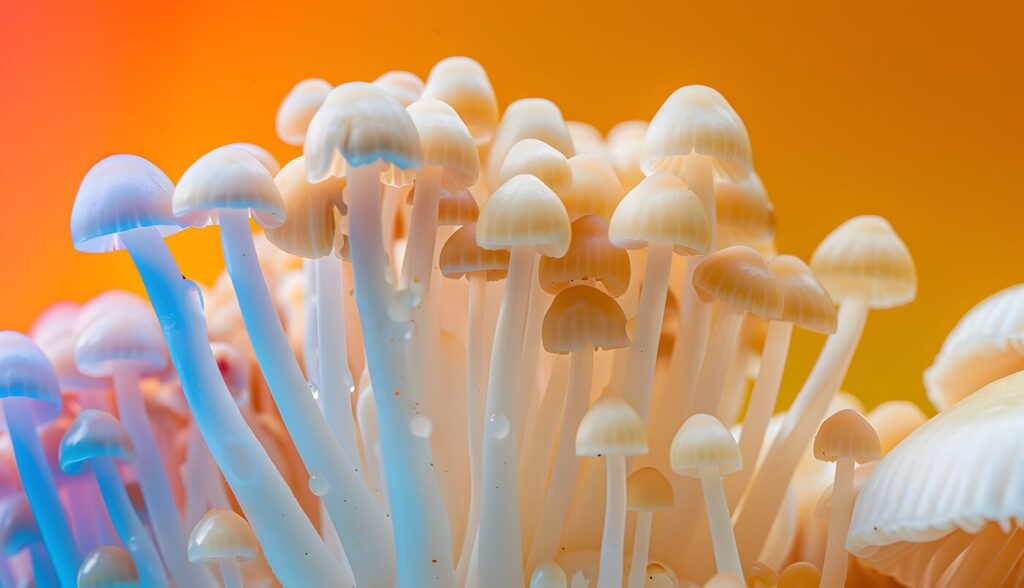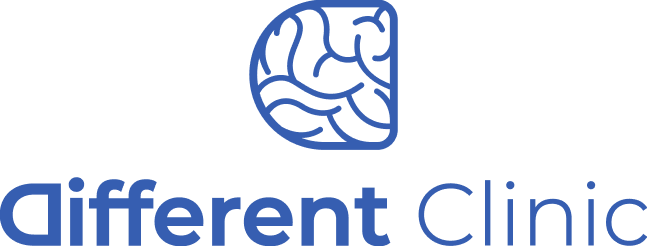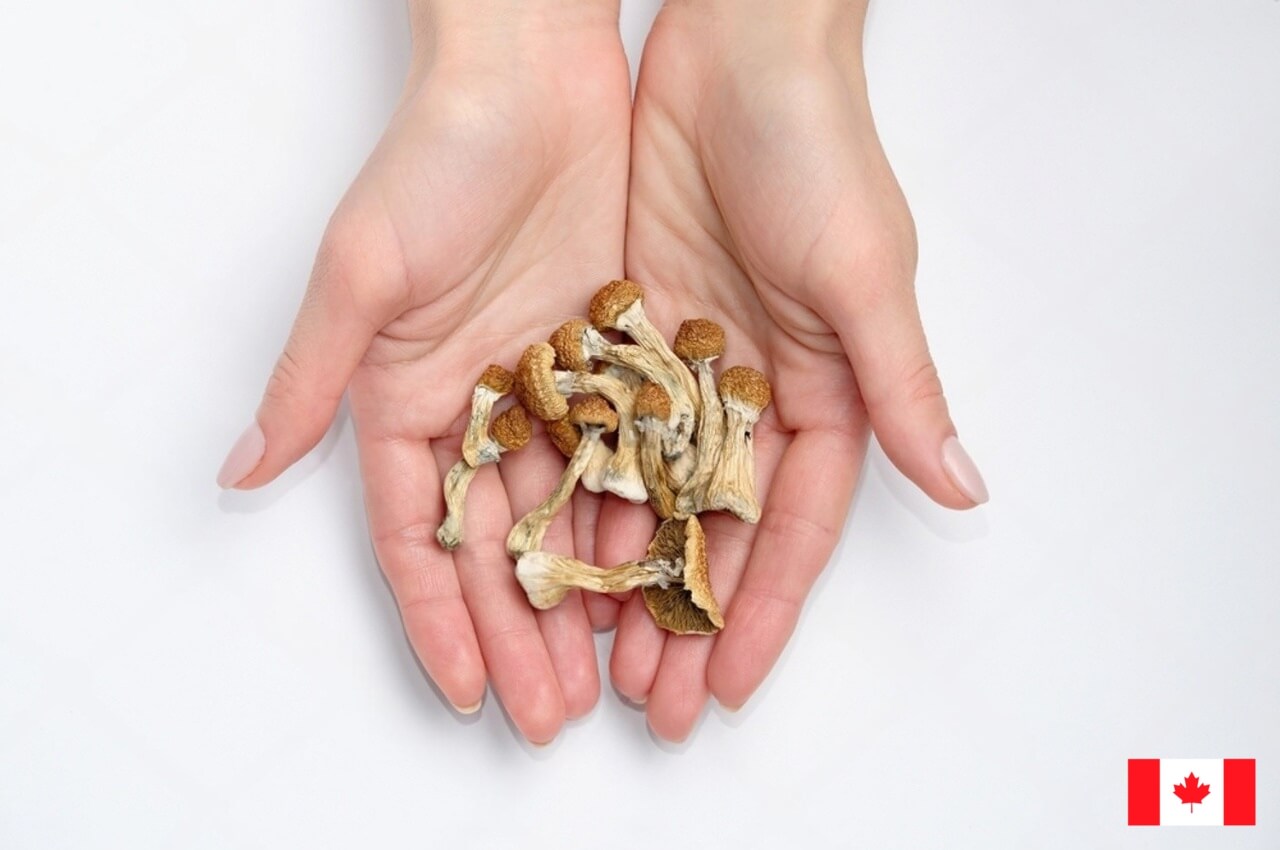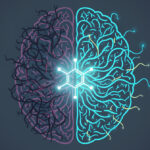While many people suffering from depression benefit from conventional treatments like antidepressants and talk therapy, these approaches don’t work for everyone. Some individuals (around 30%) may have treatment-resistant depression and could continue to struggle with persistent symptoms like low energy and emotional numbness, even after multiple forms of care.
That’s why mental health is constantly evolving, and psychedelic-assisted therapy has emerged as one of the most promising approaches for fighting depression. This form of therapy is now supported by a growing body of firsthand patient experiences and clinical research.
In this article, we’ll explore how it may support individuals with therapy, what it involves, and how Toronto residents can safely explore this emerging option.
Understanding Depression and Why Traditional Approaches Don’t Always Work
Depression can affect how a person feels, thinks, and functions on a daily basis. It shows up as a persistent low mood for some and overwhelming fatigue for others. Conventional treatments like antidepressants and cognitive behavioral therapy (CBT) are widely used, but they don’t always lead to full recovery.
One-third of individuals with depression develop treatment-resistant depression, but psychedelic-assisted therapy can help such people. It offers a new way of approaching mental health, not just as an alternative but also as a complement to existing treatments.
What is Psychedelic-Assisted Therapy?
Psychedelic-assisted therapy involves using substances like ketamine, MDMA, or psilocybin (magic mushrooms) in a controlled and therapeutic environment. This process is a mixture of guided sessions with a trained mental health professional and administration of these substances in a supervised setting.
The idea is to create deep, introspective, and often, transformative experiences. It’s different to recreational use, as this type of therapy is rooted in medical research. These sessions can help individuals access thought patterns and emotions that might otherwise be difficult to confront.

How Does it Work?
Psychedelic-assisted therapy is more than just taking a substance. It supports healing on a deeper level through a carefully guided therapeutic process. Here’s what it looks like:
Consultation
It starts with a one-on-one consultation (sometimes two-on-one) with a trained therapist. You discuss your goals, concerns, and mental and medical health history. Then, the therapist assesses if you’re a suitable candidate for this type of therapy. If they think this therapy makes sense for your case, then a personalized treatment plan is created for you.
Ingestion
The next step is the psychedelic session itself. This is done in a controlled and safe environment under the supervision of your therapist. You ingest a prescribed dose of the substance, commonly ketamine, MDMA, or LSD.
During the session, people experience deep introspection, heightened emotions, or a sense of profound connection. The journey can be intense, but your therapist is with you every step of the way to guide and support you.
Integration
The last, and arguably the most important step, is integration. Once the psychedelic effects have worn off, you meet with the therapist to unpack the entire experience. This helps you explore the insights and the emotional breakthroughs during the session, which you can work on applying to your daily life. Integration can help turn a powerful inner experience into real-world change, with healthier coping strategies.
Types of Psychedelic Therapies Used for Depression
These are a few leading approaches to psychedelic therapy:
1. Ketamine-Assisted Therapy
Ketamine works through glutamate receptors, allowing for the regrowth of synapses. It’s like a helper that allows brain cells to communicate, and with that, your brain grows new connections.
This can help your brain feel “less stuck” in negative and sad thoughts. Ketamine has already been approved for medical use in Canada, unlike other psychedelics, and is available in several clinics across Toronto.
It’s used for treatment-resistant depression, with patients receiving low doses of ketamine under expert supervision paired with therapeutic support. Mood improvements can sometimes be felt within hours or days, a major improvement on traditional antidepressants.

2. Psilocybin Therapy
Psilocybin also has antidepressant effects, induced by changes in cerebral blood flow and oxygenation to brain areas.
As per the law, psilocybin is still a controlled substance, but Health Canada has granted access to exemptions and clinical trials. Toronto, in particular, has seen a lot of early participation in these programs, and therapists are at hand to guide patients through these sessions, aiming to help them process deep emotional patterns.

3. MDMA-Assisted Therapy
MDMA has been historically used in PTSD treatment trials, and now it’s being explored as a possible aid for depression, particularly in cases tied to trauma. It’s not widely available, just yet, outside of research contexts, but MDMA therapy has shown a lot of promise and could become a key player in the future of mental health care.

Finding the Right Help in Toronto
If you live in Toronto and are struggling with depression that hasn’t responded to conventional treatments, you may explore psychedelic-assisted therapy. It’s essential to approach it with proper medical guidance. A qualified professional can help determine if this therapy is appropriate for your unique situation.
Cities like New York, California, and Vancouver remain at the forefront of psychedelic-assisted therapy, and Toronto is gradually catching up as well. Its mental health community has shown an increasing openness to such innovative treatments, and as a result, these services have become more accessible here.
Here are some practical tips to begin your search for support:
- Look for licensed providers: Make sure the clinic or therapist you choose is trained, regulated, and experienced.
- Ask about integration therapy: A good provider will offer the full therapeutic process, not just the psychedelic sessions. This includes the prep and aftercare.
- Stay informed: Psychedelic research and regulations are constantly evolving. Make sure you stay up to date with Health Canada’s special access program and other reputable sources like CAMH and MAPS Canada.
One local option to consider is Different Clinic. We offer mental health services, including psychedelic-assisted therapy.
Final Thoughts
Psychedelic-assisted therapy for depression isn’t a quick fix, but for many in Toronto, it offers a new sense of hope. It can unlock deep psychological insight when combined with guided therapy, helping people reconnect with themselves in meaningful ways.
Psychedelic therapy could be the next step if traditional treatments haven’t worked for you. Consult a professional, do your research, maybe psychedelic-assisted therapy could be a path worth considering.







Leave a Reply